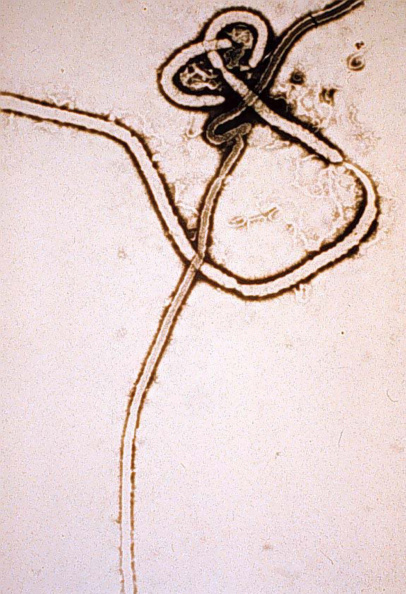
The case of Scottish nurse Pauline Cafferkey, an Ebola survivor who has had a life-threatening illness that might be a relapse, has revived concerns about the health the more than 17,000 survivors of the virus in West Africa.
There have been a small number of mystery deaths among discharged patients that may be types of Ebola relapse. It is feared that the virus may last far longer in parts of the body than previously thought and that serious complications may occur months after apparent survival.
There have been no sure diagnoses of Ebola relapses in West Africa mostly because of a lack of relevant medical training and insufficient equipment for detecting a virus that can hide in the spinal fluid or eyeball. For Cafferkey, the virus remained in her brain and caused meningitis.
One estimate is that relapses of Ebola might affect 10 percent of all recovered patients.
The struggle to defeat Ebola in West Africa has consumed almost two years, while the virus killed nearly 11,300 people. Guinea is the only nation in West Africa that still has new confirmed cases. Liberia has been declared Ebola-free while Sierra Leone has gone 25 days without a case. The disease has left the already weakened economies of these countries in shambles.
Doctors at a hospital in Freetown, Sierra Leone, say they have seen two Ebola survivors complaining of respiratory problems weeks after they were discharged from the hospital. Both later died.
The possibility of relapses is a burden for survivors, who are already fighting against stigma. There are signs that stigmatizing survivors is increasing as evidence mounts that they can harbor the virus in semen for at least 9 months. In Sierra Leone's northern districts of Kambia and Bombali, new cases of Ebola in recent weeks were immediately blamed on survivors.
The social stigma adds to the weakened health of survivors. Many survivors complain of fatigue, joint pain, and anxiety attacks.
The World Health Organization is working with governments of Liberia, Sierra Leone, and Guinea to develop a survivor care plan.
